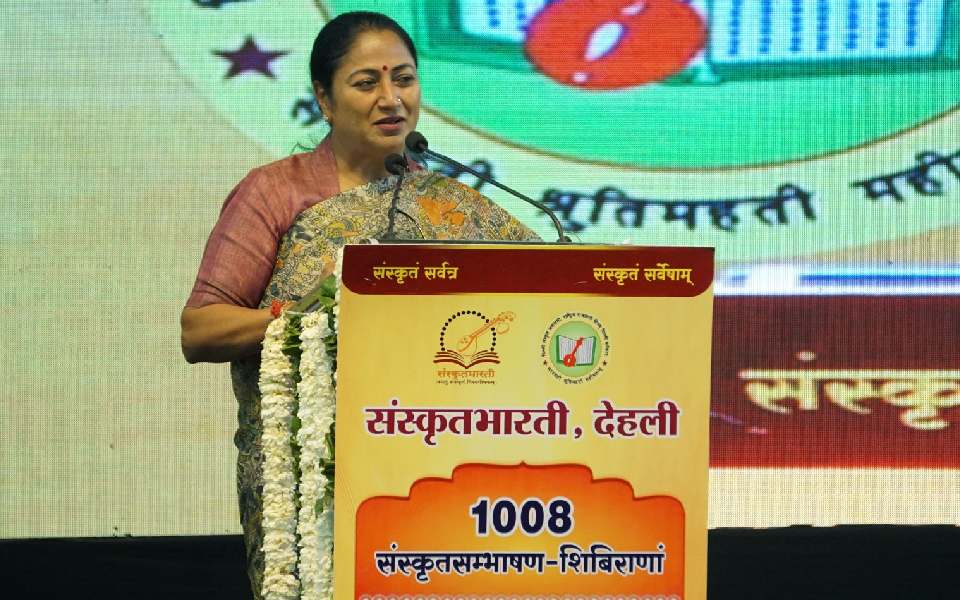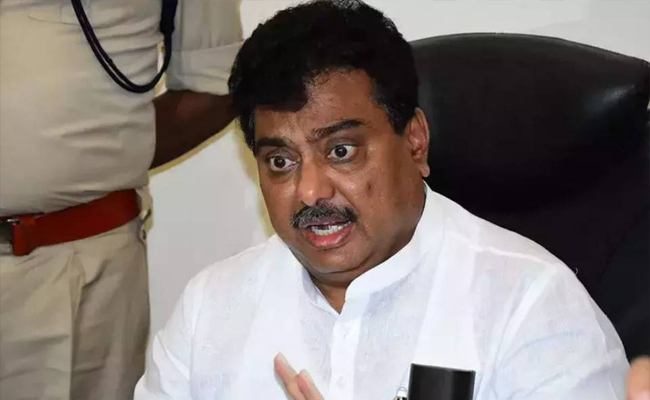New Delhi, May 4 (PTI): Delhi Chief Minister Rekha Gupta on Sunday claimed that Sanskrit is a "scientific" language and even NASA has acknowledged it as such – a claim that has often been made with little evidence in support.
Gupta made the remark addressing the closing ceremony of a 10-day Sanskrit learning initiative in the capital.
"Even NASA scientists have written papers on Sanskrit and have confirmed that it is a scientific language. Coding can be done in Sanskrit. Sanskrit is the most computer-friendly language," she said.
Her assertion was most likely based on a 1985 paper – and subsequent glorification of it with little follow-up – published in AI magazine.
The paper, titled Knowledge Representation in Sanskrit and Artificial Intelligence, was authored by Rick Briggs, a researcher associated with NASA Ames Research Centre, who sought to prove that a "natural language can serve as an artificial language also."
Briggs, about whom little else is known, cited in the paper ancient Sanskrit grammarians who "accomplished" a method for "paraphrasing Sanskrit in a manner that is identical not only in essence but in form with current work in Artificial Intelligence."
Meanwhile, Gupta said that it is societal bias that views fluency in foreign languages as a sign of intelligence, while often dismissing Sanskrit.
"If our children speak French, German or English fluently, then we consider that child very bright and take pride in that. But when a child can speak Sanskrit with the same fluency, it is not considered a big deal," she said.
Gupta argued that Sanskrit is not only foundational to Indian culture but also integral to many Indian languages.
"Every state has a mother tongue, but in reality, Sanskrit is our mother tongue as every language has descended from Sanskrit. Hindi, Marathi, Bengali, Sindhi, Malayalam -- these are all branches of Sanskrit," she said.
The BJP leader added, "If we want to be 'Vishva Guru' (world leader), then we have to gain more knowledge by the means of Sanskrit."
She also said that the Delhi government will work to make the language more accessible, especially through government schools.
Union Home Minister Amit Shah and Delhi Minister Kapil Mishra also attended the event.
The Delhi government, in collaboration with the NGO Samskrita Bharati, conducted free Sanskrit classes from April 23 at 1,008 locations across the city schools, colleges, and temples, with daily two-hour sessions focusing on the basics of the language.
Gupta said such efforts are part of a broader push to restore Sanskrit's place in everyday life and education.
Let the Truth be known. If you read VB and like VB, please be a VB Supporter and Help us deliver the Truth to one and all.
Itanagar (PTI): Eleven more bodies were retrieved on Saturday from the deep gorge in Arunachal Pradesh's Anjaw district, where a mini-truck on which 22 labourers from Assam were travelling fell, an official said.
With this, 17 bodies have been recovered from the accident site, Anjaw's deputy commissioner Milo Kojin said.
He said three more bodies will be brought out on Sunday.
The operation, being conducted by a joint team of the NDRF and Army, resumed at 6 am.
ALSO READ: Traffic fraud: Fake 'no-entry' sticker racket busted in Delhi, mastermind among 3 held
"The retrieval process was extremely difficult because of the treacherous terrain, and the gorge is very deep," Kojin said.
The operation was suspended around 4 pm due to low visibility and will be resumed on Sunday morning, he said.
"One person is still missing, and a search operation will be carried out tomorrow," he added.
The accident happened on the evening of December 8, around 40 km from Hayuliang towards Chaglagam in the district. On the evening of December 10, one survivor managed to climb out of the gorge and reach a nearby Border Roads Task Force (BRTF) labour camp, following which the authorities were alerted.
Six bodies were recovered from the gorge on Friday and handed over to their families on Saturday.





